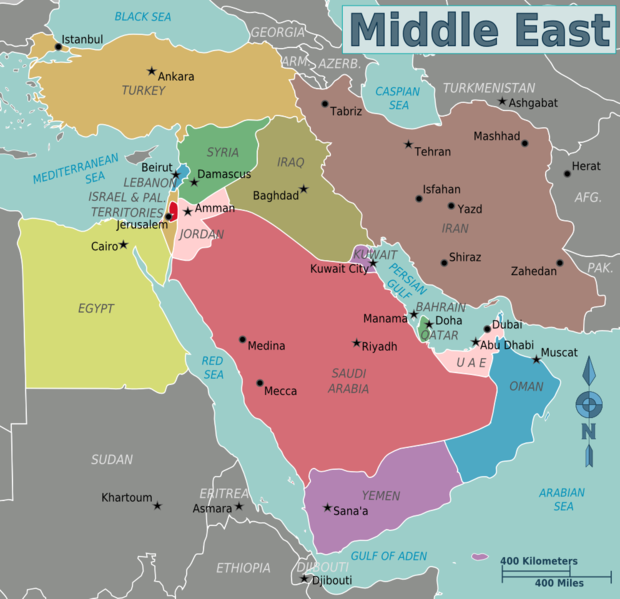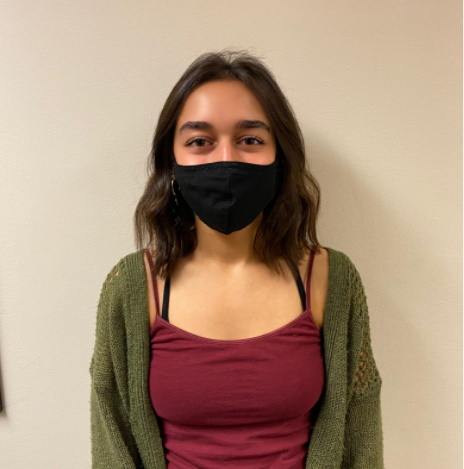Stereotypes of Middle East aren’t true
In other words, an entire region of the world should not be judged based on what news channels and social media choose to show their audience. The only way to see what the world is truly like is to explore it, because stereotypes are often false.
April 8, 2019
When people think of the Middle East, there are three words that generally come to mind: terrorism, war, and poverty. News channels and social media have ingrained false perceptions of the world into the minds of many Americans.
It is commonly thought that the Middle East is dangerous. In some cases this is true, but the majority of places are surprisingly safer than people think. For example, in the United Arab Emirates, safety is a priority.
Metal detectors, security guards, and bag checks can be found at almost any public place. Malls, apartment buildings, and even parks have intense security procedures, which may seem unnecessary, but ultimately keep everyone safe and prevent terrorist activity.
Watching the news causes people to see the Middle East as a constant war zone, but people overlook the other Middle Eastern countries that are safe and have breathtaking natural wonders.
In Jordan, the Dead Sea and Wadi Rum are two popular tourist locations. The Dead Sea is famous for its mud-bath skin treatments and highly salted water, which causes people to float while swimming. Wadi Rum, a famous valley in southern Jordan, is known for its bright red sand and enormous canyons.
Oman, Lebanon, Israel, and even Egypt all have their own famous natural wonders as well, but people often stay away from touring these countries because of their blind assumptions of the Middle East.
Another common misconception about the Middle East is that most countries are poverty-stricken, but this is far from the truth.
Many Middle Eastern countries have an abundance of oil, especially Saudi Arabia and other countries on the Persian gulf. This excess of oil allows them to have competitive economies and successful tourism industries.
The United Arab Emirates is known for its wide range of tourist attractions, such as the tallest building in the world, one of the largest malls in the world, and various indoor amusement parks.
In other words, an entire region of the world should not be judged based on what news channels and social media choose to show their audience. The only way to see what the world is truly like is to explore it, because stereotypes are often false.




